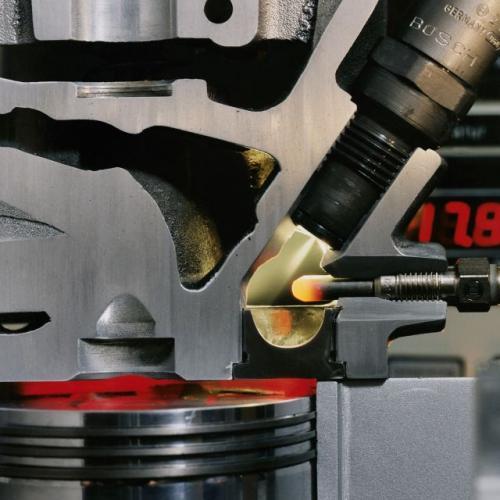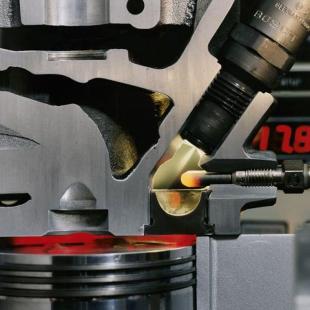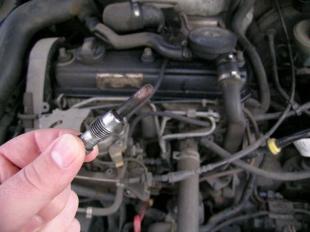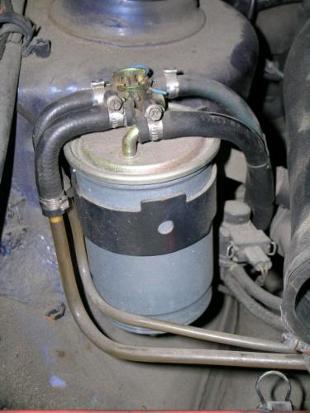
Diesel problems
 Winter checks the technical condition of the engine and determines how we care for the car. An efficient and well-maintained diesel will not cause problems with starting even in 25-degree frost. However, if we abandon its main job, we can get into trouble even with a slight temperature difference.
Winter checks the technical condition of the engine and determines how we care for the car. An efficient and well-maintained diesel will not cause problems with starting even in 25-degree frost. However, if we abandon its main job, we can get into trouble even with a slight temperature difference.
A diesel engine does not need a spark to ignite the air/fuel mixture. All you need is a sufficiently high air temperature provided by the compression ratio. There are no problems with this in summer, but in winter they can arise, so the cylinders are preheated with glow plugs. If you have problems starting the engine, you should start looking for a malfunction from the simplest elements, and only then proceed to check the injection system. 
Fuel and electricity
The first cause of immobilization of diesel fuel may be fuel in which paraffin can be deposited. It effectively blocks the wires and prevents even a new engine from starting. Therefore, it is worth refueling at proven stations, and when leaving for mountainous areas, where the temperature often drops below -25 degrees C, you should add an agent to the fuel to prevent paraffin precipitation.
Before each winter period it is necessary to replace the fuel filter, even if the mileage is low. If there is a water carafe in the filter, unscrew it from time to time.
The important thing is the battery. Defective, not providing enough current for proper operation of glow plugs and starter.

Candles
Glow plugs play a very important role, especially in indirect injection engines. This type of injection was present in passenger cars until the first half of the 90s. These are quite old designs with high mileage, heavily worn out, so damage to the spark plugs often makes starting the engine almost impossible.
Direct injection engines have no starting problems even when the engine is badly worn. We learn about damaged candles only when there is frost or the on-board computer informs us about it.
The first sign of spark plug damage is uneven operation and jerking when starting the engine. The colder it is, the stronger it feels. Candles can be checked very easily without any instruments. Unfortunately, they have to be unscrewed, which is not easy in some engines. Next  just connect them briefly to the battery. If they warm up, then it's normal, although the filament may not warm up to the temperature of a new candle. If the car has 100 miles or 150 miles, the glow plugs must be replaced even if they are serviceable.
just connect them briefly to the battery. If they warm up, then it's normal, although the filament may not warm up to the temperature of a new candle. If the car has 100 miles or 150 miles, the glow plugs must be replaced even if they are serviceable.
If the spark plugs are OK and the engine is difficult to start, check the glow plug relay for proper operation.
ejaculation system
Another point of failure could be the injection system. In old designs there is a so-called. suction that changes the injection angle. Runs manually or automatically. Difficult starting can be caused by an incorrectly adjusted injection pump giving too low a starting dose, too little injection pressure, or poorly adjusted or “loose” injectors.
However, if the injection system is good and the engine still won't start, you need to check the compression pressure, which will tell us about the condition of the engine.
We strongly advise you not to start your diesel out of pride. This can cause the timing belt to break and cause serious damage. You should use autostart very carefully and only as a last resort, i.e. starting aid. Careless use of this drug can also cause engine damage.